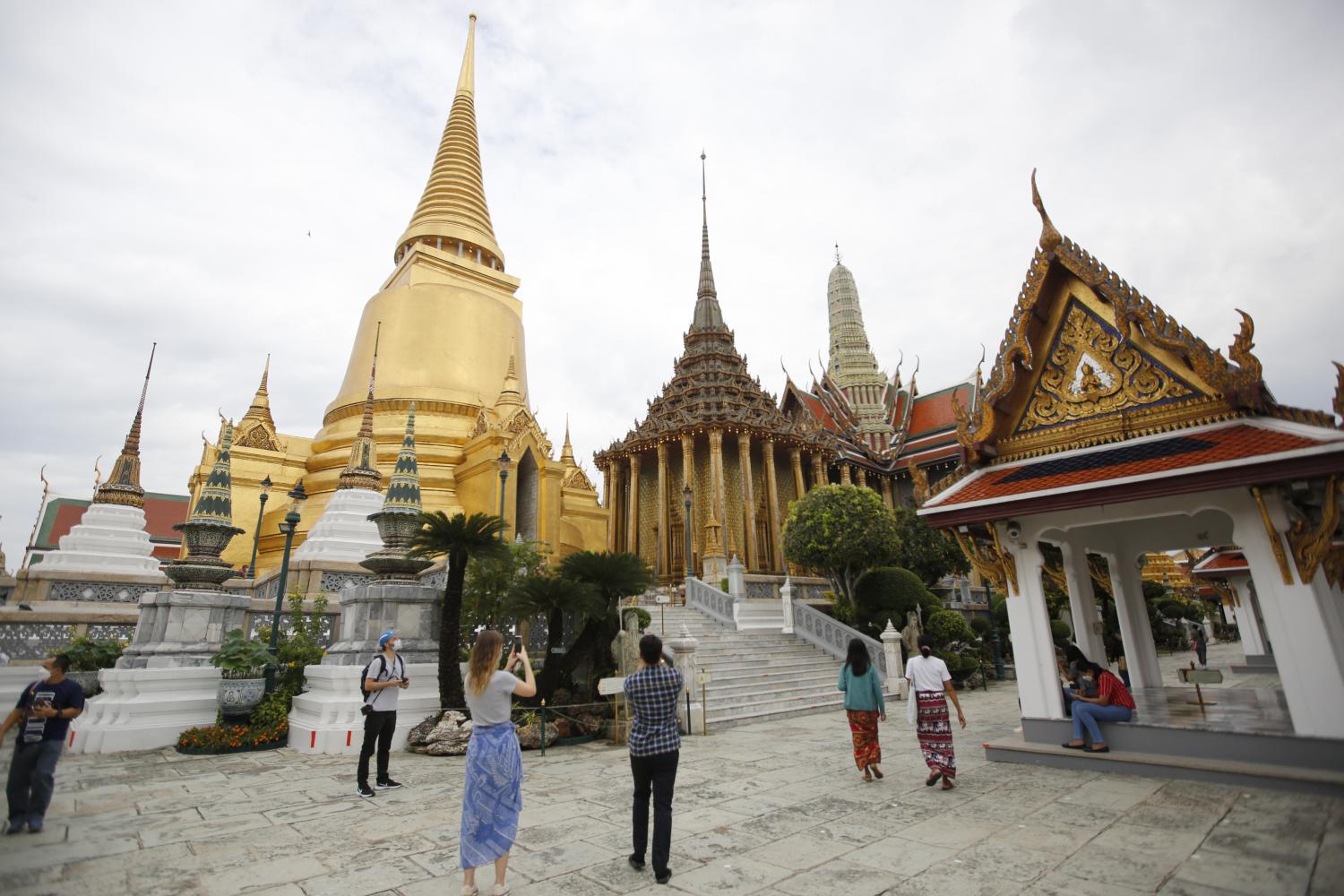
Bangkok Bank (BBL) predicts the economy will face a higher number of challenges over the next few years under a changing economic landscape following the Covid-19 pandemic.
The economy will gradually recover in 2022, supported by the country's reopening after progress in terms of the vaccination rollout.
However, the economy will face medium-term risks because of the changing economic landscape worldwide post-pandemic, BBL's senior executive vice-president Kobsak Pootrakul said at a webinar last Wednesday under an item titled "Light at the End of The Tunnel" in collaboration with Permata Bank, which is based in Indonesia.
Risks for the medium-term include tougher global competition in accordance with the global economic recovery, technology disruption, rising tension from the US-China trade war and shifting geopolitics in Asia and its consequences.
The pandemic has been speeding up digital disruption. Without the pandemic, it might have taken 5-7 years for the big digital disruption to occur. He expects that a new wave of disruption would occur post-pandemic.
He said the country's economic recovery would also rely on the tourism sector and the country's vaccination progress. The tourism sector, with 10 million employees, accounts for 12% of GDP.
Thailand is expected to attain a high rate of Covid-19 vaccination coverage next year.
From the middle of next year, the country is expected to welcome back international tourists at around 50% of the total numbers recorded before the pandemic and this should rise to 80% of the pre-pandemic level in 2023.
Prior to the pandemic -- in 2019 -- Thailand recorded 40 million foreign tourist arrivals.
He expects that the Bank of Thailand (BoT) will give more weight to the tourism recovery and the Thai economy rather than on the policy rate increase by the US Federal Reserve when the Thai central bank considers its policy rate movement.
Even though the Fed is expected to raise its policy rate in 2022, BBL forecasts that the BoT will begin to adjust its policy rate in late 2023, awaiting for the country's stronger economic recovery.
"Although we can see light at the end of the tunnel now amid economic recovery trend, the Thai economy will face more challenges after exiting from the tunnel. Business operators should prepare well for this," Mr Kobsak said.
Amid the crisis, businesses can also get emerging opportunities preparing for business restarting after the pandemic. The opportunities include digital development, business renovation, asset acquisition, locking in low cost of funding, manufacturing and headquarters relocation and regionalisation.
Mr Kobsak said Asean is a key region showing high growth potential after the pandemic.
According to the International Monetary Fund's global economic forecast in October this year, the growth rate of emerging markets and developing economies would be 6.4% this year and 5.1% next year.
Emerging and developing Asia growth would be 7.2% this year and 6.3% next year.